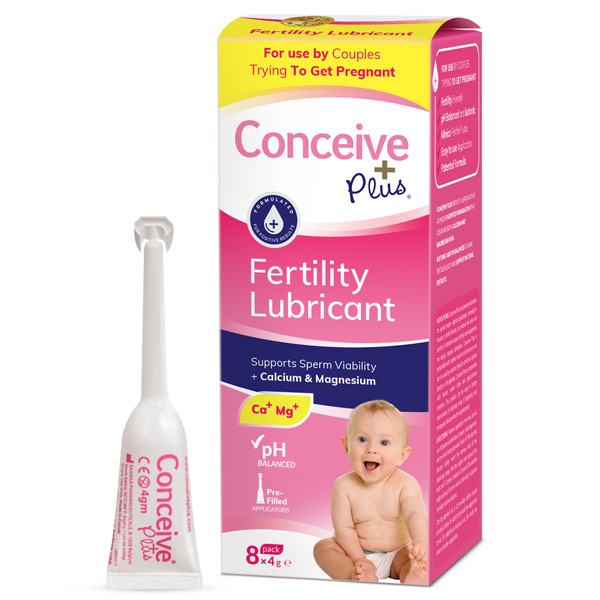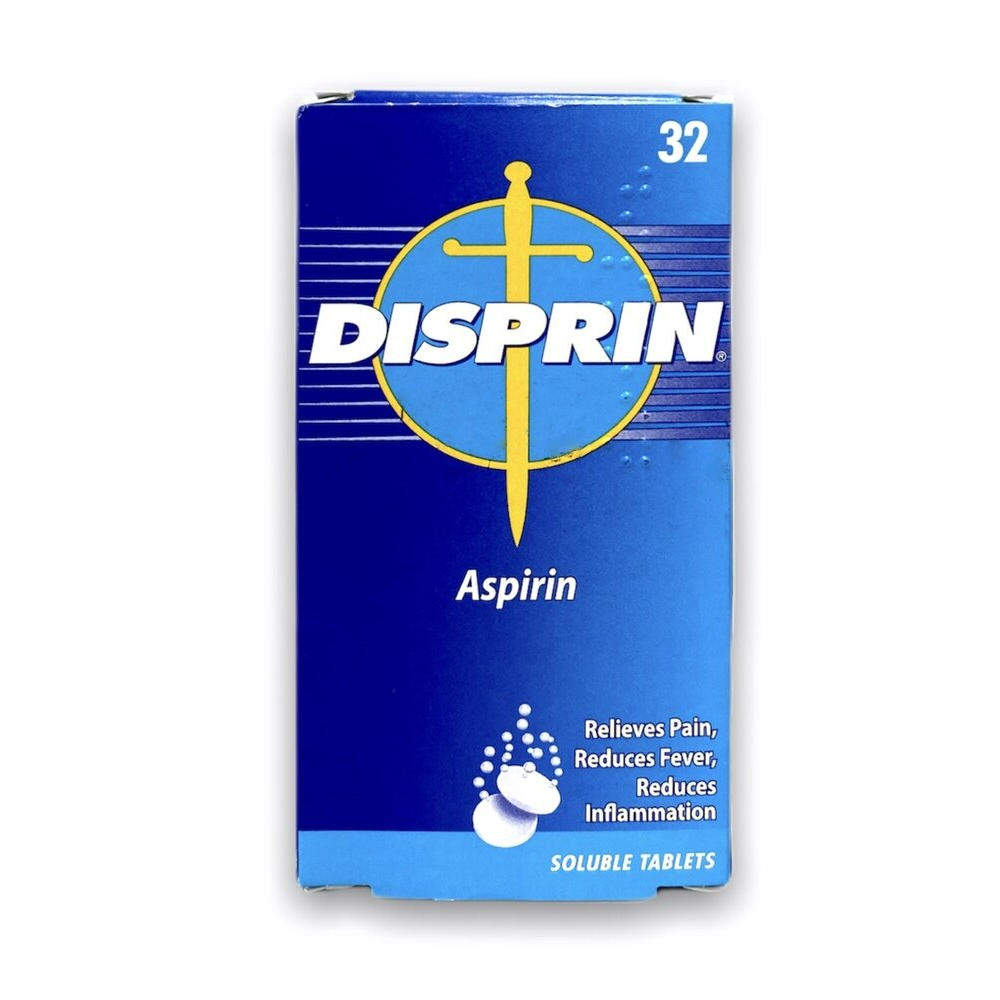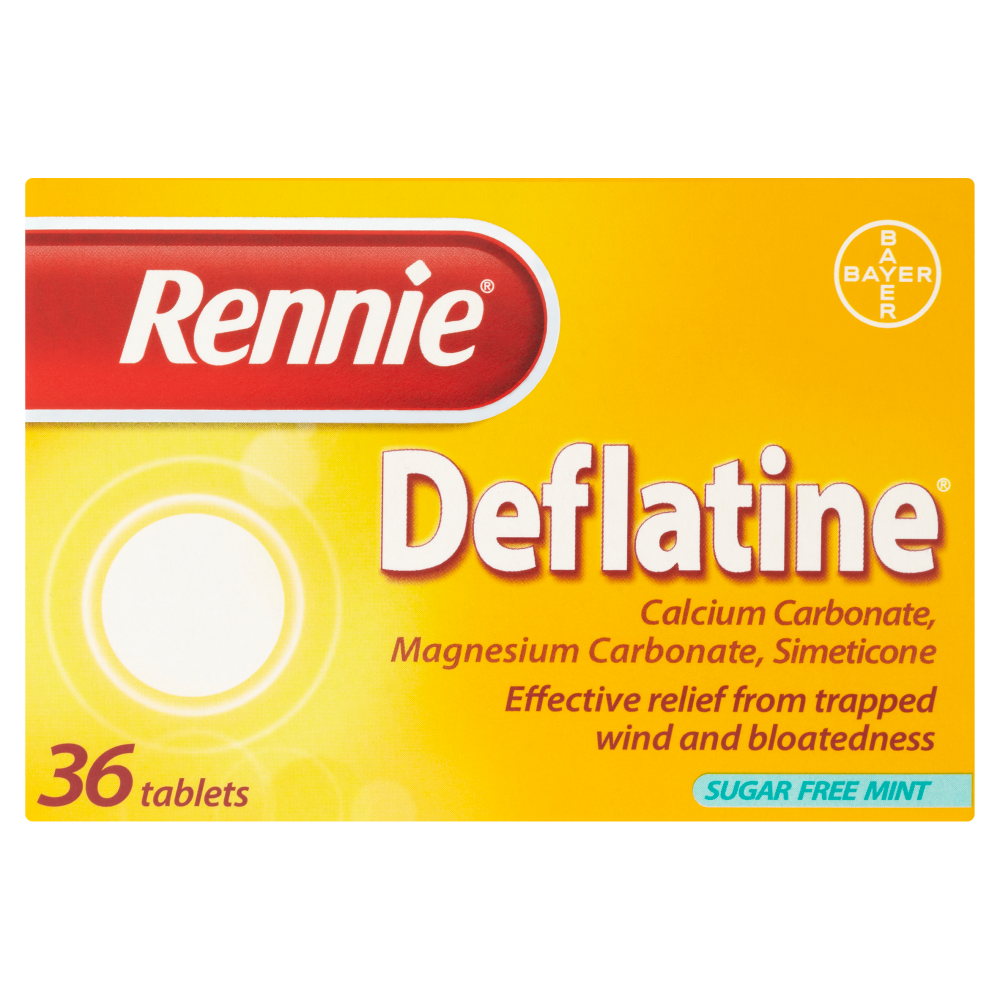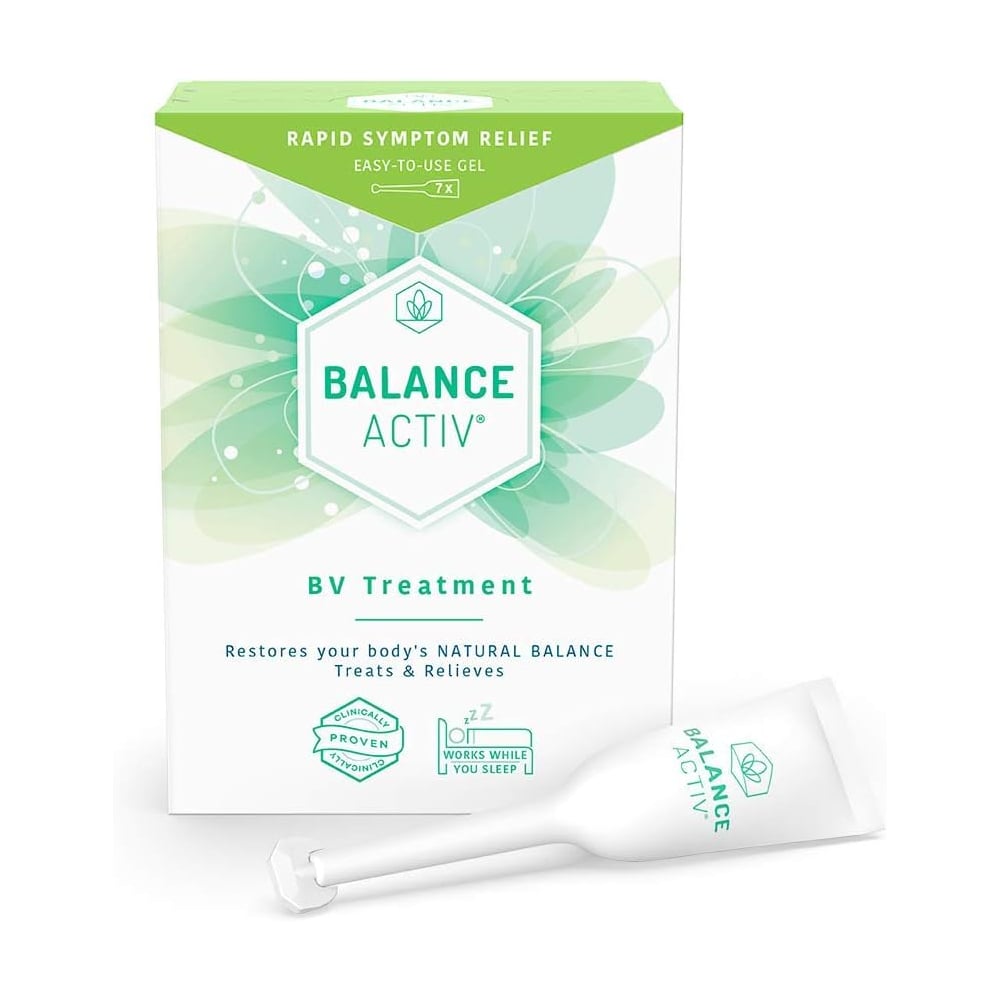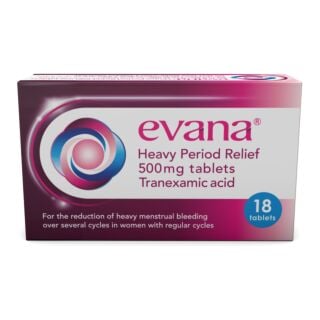Heavy Periods
No two people are going to have the same experiences when it comes to their periods.1 Menstrual cycles and menstruation differ in length, the pain and discomfort they cause and how heavy they are.1 … Read More See less
So, considering everyone’s periods are different, it can be difficult to identify when your periods are a bit too different.1 How are you supposed to know if the amount you bleed each month is the same as everyone else, a bit more than average or… a lot more?
Add to this the fact that heavy bleeding (menorrhagia) isn’t always a cause for concern; it might simply be normal for you.2 In fact, anywhere from 27–54% of people who have periods have heavy bleeding periods.3
So, if you’re wondering “why is my period so heavy this month” or how to stop heavy periods, keep reading to find out.
What is menorrhagia?
Menorrhagia refers to heavy menstrual bleeding or bleeding more than usual during menstruation.3 To identify whether you may have heavy menstrual periods, it can be helpful to know what’s considered “normal”.
During your period, you should be able to:3
- Wear a pad or tampon for three to four hours before changing it
- Wear a single menstrual product without having to use another type of period product at the same time (e.g., two pads at once or a tampon and a pad)
- Wear a single overnight pad while you sleep
- Leave your home without having to take spare clothes with you in case of leaks
- Live your life as usual without taking time off work, avoiding going out in public or having to miss out on activities you enjoy
However, you may have menorrhagia if you:2,3
- Have periods lasting more than 7 days
- Bleed so heavily you need to change your pad or tampon every 1 to 2 hours, or empty your menstrual cup more often than is recommended
- Need to wear multiple pads at a time to prevent leaking
- Need to use two types of period products together, such as a tampon and a pad
- Need to get up to change your pad in the middle of the night
- Pass blood clots bigger than5 cm (the size of a 10p coin)
- Can’t do your normal activities or have to take time off work when you have your period
- Bleed through your clothes or bedding
- Feel tired or short of breath a lot
Importantly, bleeding between your cycles or bleeding earlier or later than usual are not symptoms of menorrhagia.4 These are different forms of unusual menstrual bleeding with potentially different causes.4
When to see a doctor for heavy periods
You should see a doctor if:5
- You always have heavy periods
- Your periods have become heavier than they are normally
Even if heavy periods with blood clots are normal for you, it’s important to see a doctor.2 They will want to assess whether you have an underlying health condition that might be causing menorrhagia.3
Causes of heavy menstrual periods
Your body produces oestrogen and progesterone to help regulate your menstrual cycle, including how heavy your periods are.3
Oestrogen and progesterone work in balance to control the thickening of the lining of the uterus (endometrium).4 The endometrium is then shed during a menstrual period.4 However, when your hormones are out of balance, the endometrium may become too thick, leading to heavy bleeding periods.4
As a result, if you have a condition that affects your hormones, this may be the reason for a heavy flow during periods.3
A number of hormonal conditions can cause menorrhagia:3,4,5,6,7,8
- Endometriosis – a chronic condition that causes the endometrium to grow outside of the uterus, such as in the ovaries or fallopian tubes
- Fibroids – non-cancerous growths that develop in the uterus
- Adenomyosis – when the endometrium grows into the muscular wall of the uterus
- Polycystic ovary syndrome (pcos) – when abnormally high levels of hormones, such as androgens (male hormones) and insulin, cause irregular menstrual cycles
- Thyroid problems – when you either have too much (hyperthyroidism) or too little (hypothyroidism) thyroid hormone
- Anovulation – if your ovaries don't release an egg during a menstrual cycle, it can affect your level of progesterone
- Polyps – small, non-cancerous growths on the lining of the uterus
Other causes of a heavy menstrual flow include:3,4,5,9
- Medications – hormone-free iuds, medicines that prevent your blood from clotting (e.g., warfarin, enoxaparin, apixaban and rivaroxaban), blood thinners, aspirin and tamoxifen (a breast cancer drug) are known to cause heavy flow periods
- Sexually transmitted infections (stis) – Trichomoniasis, Gonorrhea, Chlamydia and Chronic endometritis can cause heavy periods
- Genetic bleeding disorders – von Willebrand's disease, which prevents the blood from clotting properly, can cause heavy cycles
- Cancer – a precancerous condition called endometrial hyperplasia, as well as uterine and cervical cancer, can lead to menorrhagia
- Pelvic inflammatory disease – an infection of the womb, ovaries and fallopian tubes, often caused by an STI
How can menorrhagia be treated?
If you’re wondering how to ease heavy periods, unfortunately there is no magic cure for heavy periods. However, if menorrhagia is normal for you and does not affect your quality of life, it doesn’t necessarily need to be treated.2
On the other hand, depending on the cause of your menorrhagia, your treatment may involve medication or surgery.2
Medication
Medications used to treat menorrhagia include:2,3,10
- Non-steroidal anti-inflammatories (nsaids) – such as ibuprofen (over the counter) or naproxen (prescription only). These reduce the level of hormones in the lining of the uterus which can cause heavy bleeding (prostaglandins)
- Contraceptives – the combined contraceptive pill, nuvaring, oral progestogens and an intrauterine system (IUS) or coil can prevent or reduce bleeding by controlling your hormone levels. A non-hormonal contraceptive, called Provera, can also help to reduce bleeding
If you have menorrhagia, you may also undergo blood tests to check whether you have any other underlying conditions, such as iron deficiency anaemia.2 If this is the case, you may need to take iron supplements.3
Surgery
If medications aren’t helpful for you, or you have fibroids or polyps, you may be recommended one of the following surgical procedures:2,5,10,11
- Removal of polyps or fibroids – polyps or fibroids are removed through your vagina via a thin telescope called a hysteroscope
- Removal of large fibroids (myomectomy) – your tummy is cut open via small cuts (laparoscopically) or one big cut to remove large fibroids
- Total or partial removal of the uterus (hysterectomy) – the womb or the womb and the cervix are removed. You may also have your ovaries and tubes removed, which can trigger early menopause. Depending on how much of your reproductive system you are having removed, this surgery can be performed laparoscopically, via the vagina or via the abdomen. You’ll no longer be able to get pregnant after this procedure
- Removal of the lining of the uterus (endometrial ablation) – your endometrium is removed—using heat, radio-waves, laser or freezing—via a device that goes through your vagina into your uterus
Sources
- https://www.mayoclinic.org/healthy-lifestyle/womens-health/in-depth/menstrual-cycle/art-20047186
- https://www.nhs.uk/conditions/heavy-periods/
- https://my.clevelandclinic.org/health/diseases/17734-menorrhagia-heavy-menstrual-bleeding
- https://www.mayoclinic.org/diseases-conditions/menorrhagia/symptoms-causes/syc-20352829
- https://www.nhsinform.scot/healthy-living/womens-health/girls-and-young-women-puberty-to-around-25/periods-and-menstrual-health/heavy-periods/
- https://www.idealgynecology.com/blog/the-link-between-endometriosis-and-heavy-bleeding
- https://my.clevelandclinic.org/health/diseases/8316-polycystic-ovary-syndrome-pcos
- https://my.clevelandclinic.org/health/diseases/8541-thyroid-disease
- https://www.nhs.uk/conditions/pelvic-inflammatory-disease-pid/
- https://www.england.nhs.uk/wp-content/uploads/2023/11/PRN00250-dst-making-a-decision-about-heavy-preiods.pdf
- https://www.nhs.uk/tests-and-treatments/hysterectomy/

Free delivery when you spend over £30

100% discreet delivery for every item ordered

Fully regulated UK pharmacy





